12 Directors Who Hated Their Own Movies
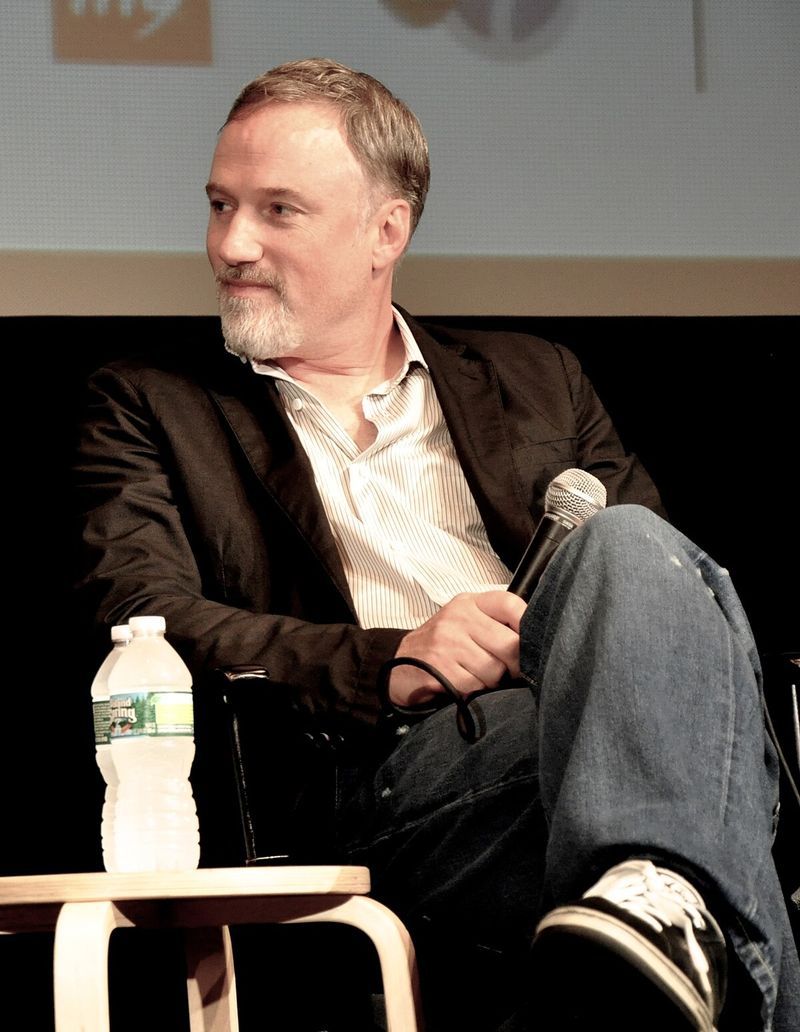
Some directors pour their hearts into their films, only to regret the final product—sometimes before it even hits theaters. Whether it’s due to studio interference, creative compromises, or simply embarrassment over the result, not every filmmaker ends up proud of their work. In fact, some directors have gone so far as to disown their movies entirely, trash them in interviews, or demand their names be removed from the credits. Here are 12 surprising cases where the person behind the camera ended up loathing their own creation.
1. David Fincher – Alien 3 (1992)
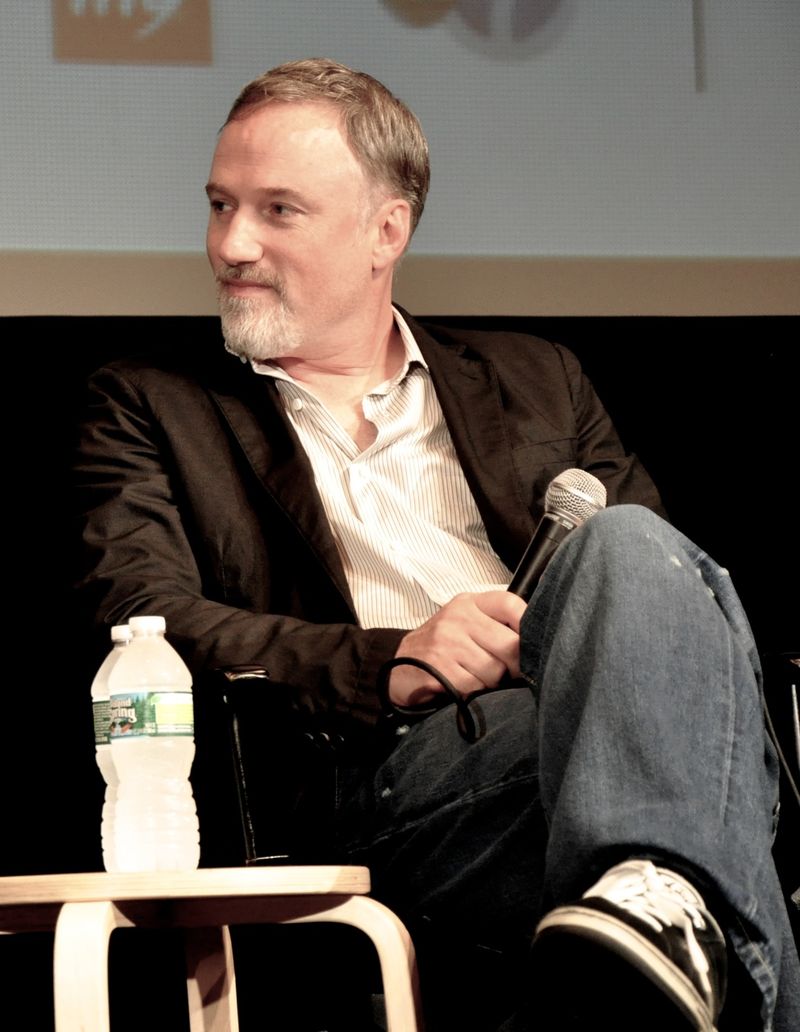
Despite his incredible later success, Fincher’s first feature film was a nightmare. He walked into Alien 3 with no final script, constant studio meddling, and a tight schedule, all of which led to a deeply troubled production.
Fincher has since called the experience “a prison sentence” and said he was never proud of the film. The theatrical cut was taken away from him, and the final product didn’t reflect his vision. Years later, even the “Assembly Cut” didn’t change his opinion—he’s largely disowned the project and refuses to discuss it in detail.
2. Stanley Kubrick – Fear and Desire (1953)
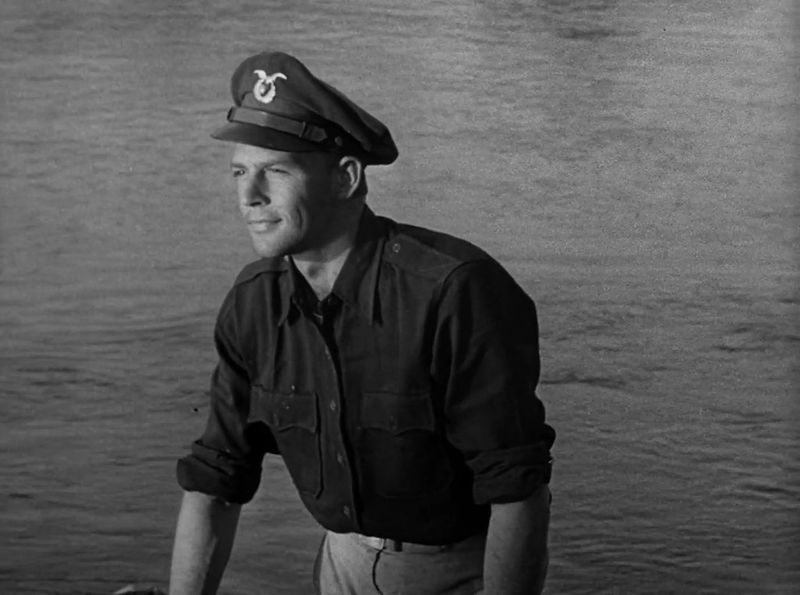
Kubrick was so embarrassed by his first feature that he spent years trying to suppress it. The low-budget war film, made for under $10,000, was filled with abstract ideas and surrealist storytelling, but Kubrick saw it as amateurish.
He described it as “a bumbling amateur film exercise” and refused to allow it to be widely distributed for decades. Though critics have since given it some historical significance, Kubrick considered it an early mistake best left unseen. Even as his later films became masterpieces, Fear and Desire remained a stain in his own eyes.
3. Joel Schumacher – Batman & Robin (1997)
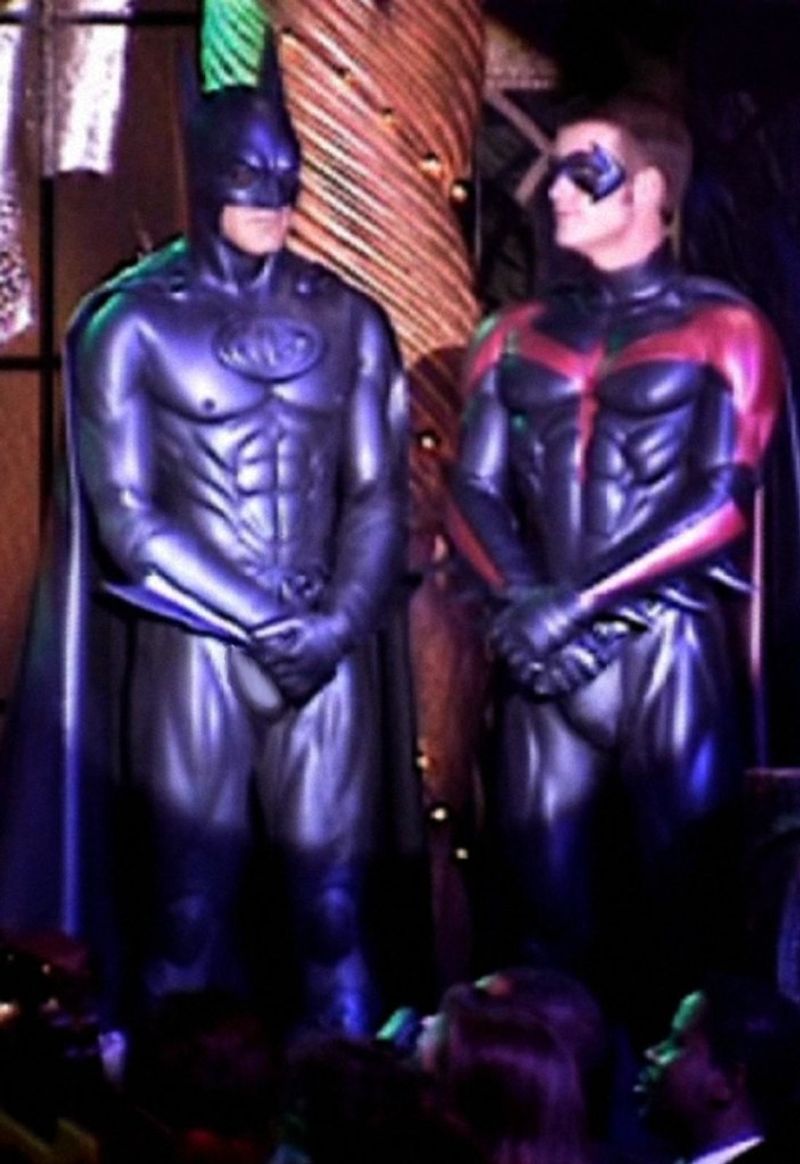
In a rare act of humility in Hollywood, Schumacher actually apologized to fans. After the garish, neon-drenched Batman & Robin flopped both critically and culturally, he acknowledged that the film didn’t meet anyone’s expectations.
Studio pressure led him to tone down darkness and amp up toy sales, resulting in what many consider one of the worst superhero movies ever made. Though he stood by his cast and crew, Schumacher accepted full responsibility for the film’s failure, admitting he prioritized studio desires over storytelling. His apology only helped solidify how much he regretted the final product.
4. Josh Trank – Fantastic Four (2015)
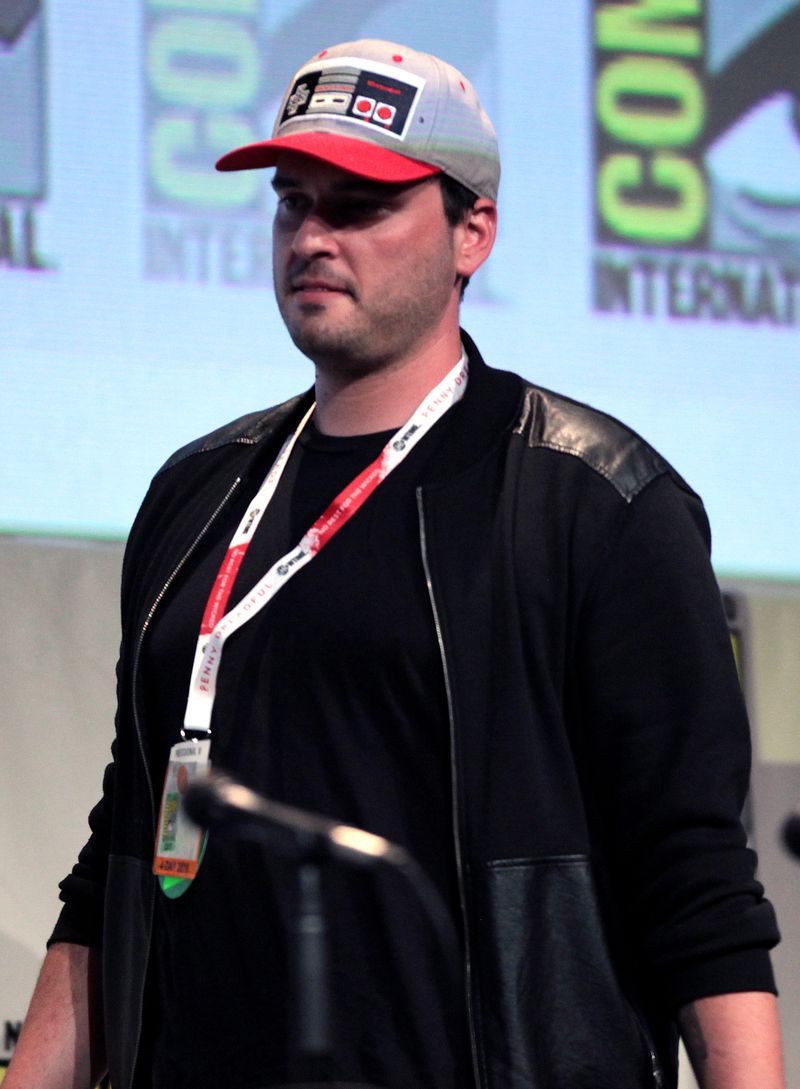
Trank made headlines when he disowned his film on Twitter before it even premiered. He claimed the studio ruined what could have been “a fantastic version” of Fantastic Four, and fans were left with a confusing, joyless superhero reboot.
The production was plagued by reshoots, rewrites, and backstage drama. Trank’s tweet was quickly deleted, but the damage was done. The film tanked at the box office, and his career suffered. Though some sympathize with his artistic struggle, Trank’s public condemnation of his own film remains one of the most dramatic in recent memory.
5. Alan Taylor – Thor: The Dark World (2013)
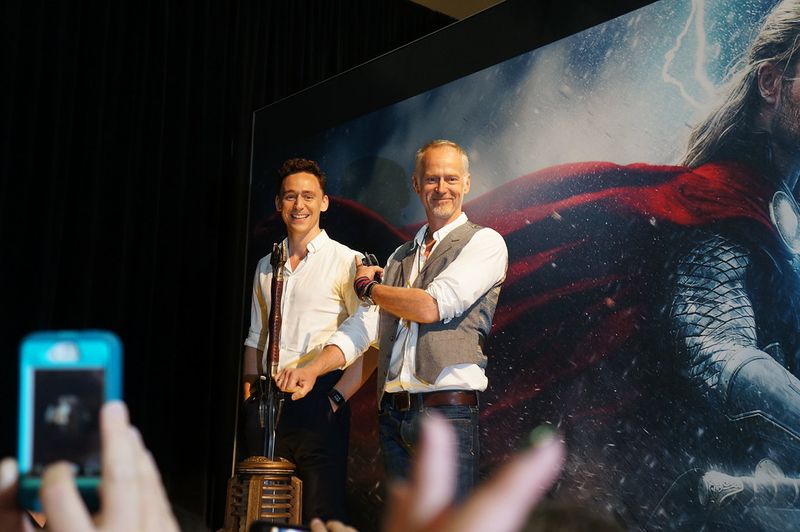
Coming off Game of Thrones, Taylor had high hopes for Marvel. But his experience directing Thor: The Dark World turned out to be creatively stifling. He admitted that his vision was reshaped heavily in post-production, leaving him frustrated.
Despite being part of the wildly successful Marvel Cinematic Universe, the movie didn’t sit well with fans—or Taylor himself. He has since expressed disappointment with the process, citing a lack of creative freedom. Marvel’s tight control over its storytelling left Taylor feeling like a hired hand, not a director.
6. David Lynch – Dune (1984)
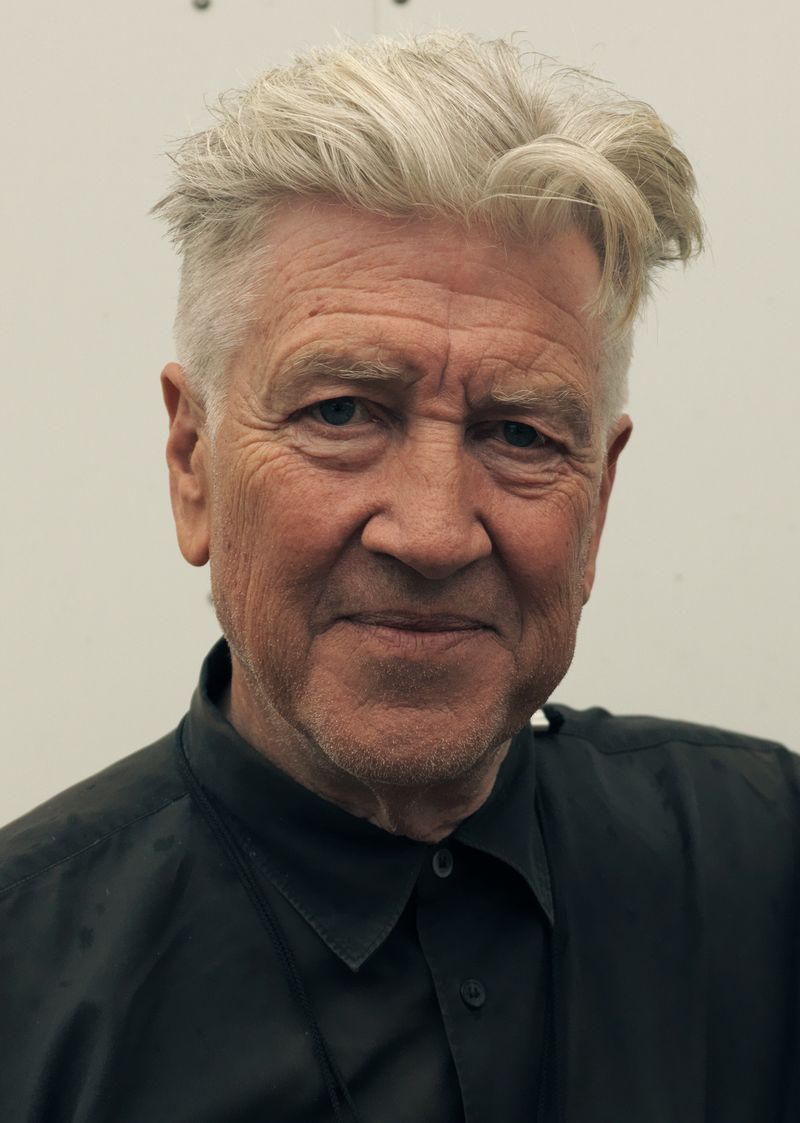
Lynch fans often forget—or purposely ignore—that he directed Dune. The film was a critical and commercial failure, but even worse, Lynch has said he never had final cut. That lack of control led to a movie he didn’t recognize as his own.
He turned down the chance to direct Return of the Jedi to work on Dune, a choice he later deeply regretted. Over the years, Lynch has repeatedly declined offers to revisit or recut the film, claiming he doesn’t even want to think about it. In his mind, Dune never belonged to him.
7. Tony Kaye – American History X (1998)
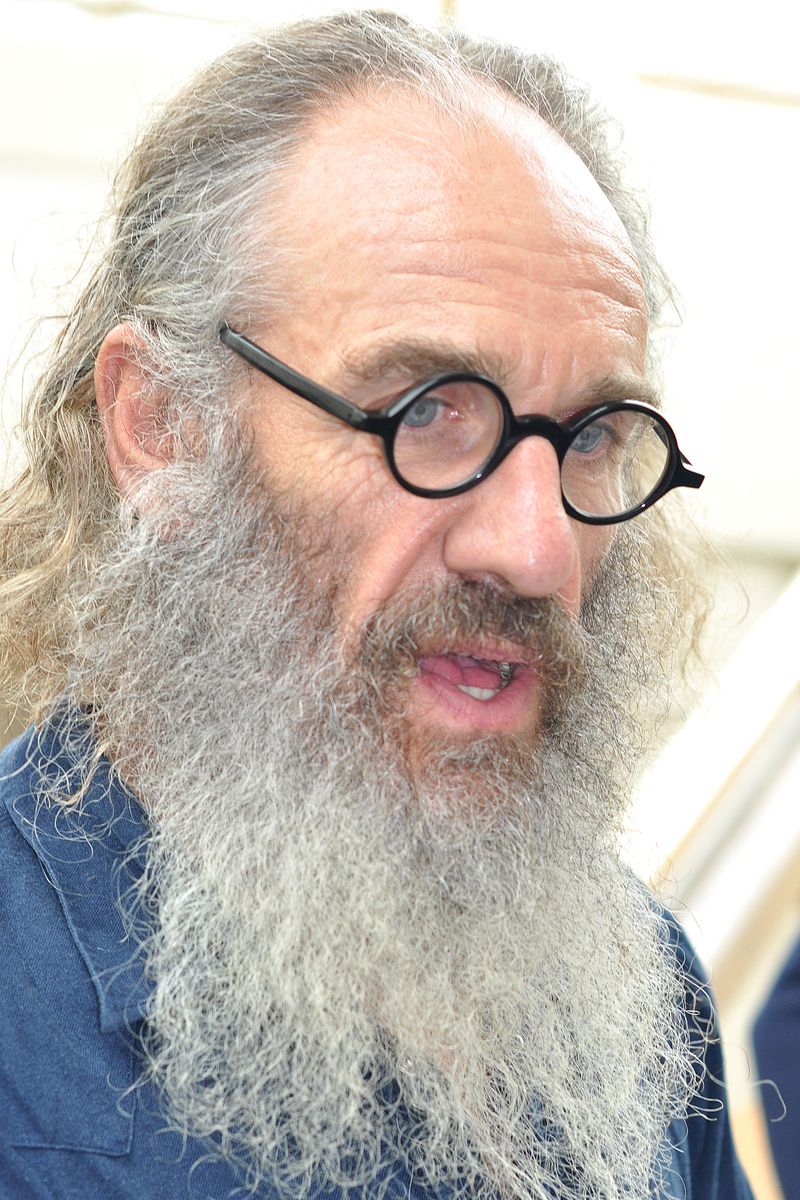
It’s rare for a director to fight a critically acclaimed film, but Kaye did just that. After clashes with actor Edward Norton and New Line Cinema over the final cut, Kaye demanded his name be removed from American History X.
He even tried to replace his credit with “Humpty Dumpty.” The studio refused, and the film was released with Kaye listed as director. Despite the movie’s success and Norton’s Oscar nomination, Kaye has remained bitter, claiming the final product didn’t reflect his vision. It’s one of the most famous examples of a director disowning a hit.
8. Michael Bay – Transformers: Revenge of the Fallen (2009)
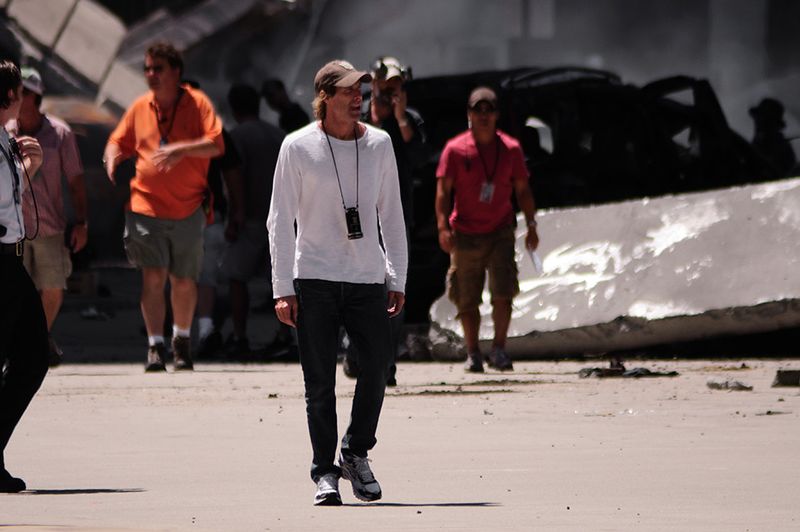
Bay’s second Transformers film made a ton of money, but he’s openly admitted it’s “crap.” The Writers Guild strike of 2007-2008 left the team scrambling to finish a coherent script, resulting in a bloated, chaotic blockbuster.
Bay later acknowledged that the film lacked substance and clear storytelling. While he’s not known for subtle cinema, even Bay found Revenge of the Fallen embarrassingly incoherent. In hindsight, he’s repeatedly stated that the movie failed creatively—even if it succeeded financially. Not many directors critique their billion-dollar hits, but Bay did.
9. Kevin Yagher – Hellraiser: Bloodline (1996)
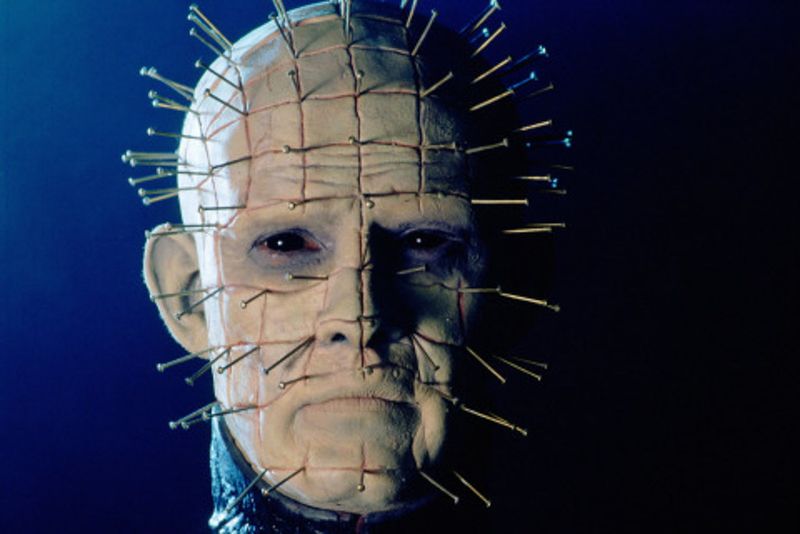
Yagher was so disappointed with the end result of Hellraiser: Bloodline that he used the infamous alias “Alan Smithee.” The film was taken out of his hands and heavily edited by the studio, changing its structure and tone.
His original cut was far more ambitious, blending science fiction and horror in a way he believed honored the franchise. After the re-edit, he disowned the film entirely. Fans often seek out the unreleased footage or fan edits to piece together Yagher’s vision, but the official release remains a shadow of what he intended.
10. Walter Hill – Supernova (2000)
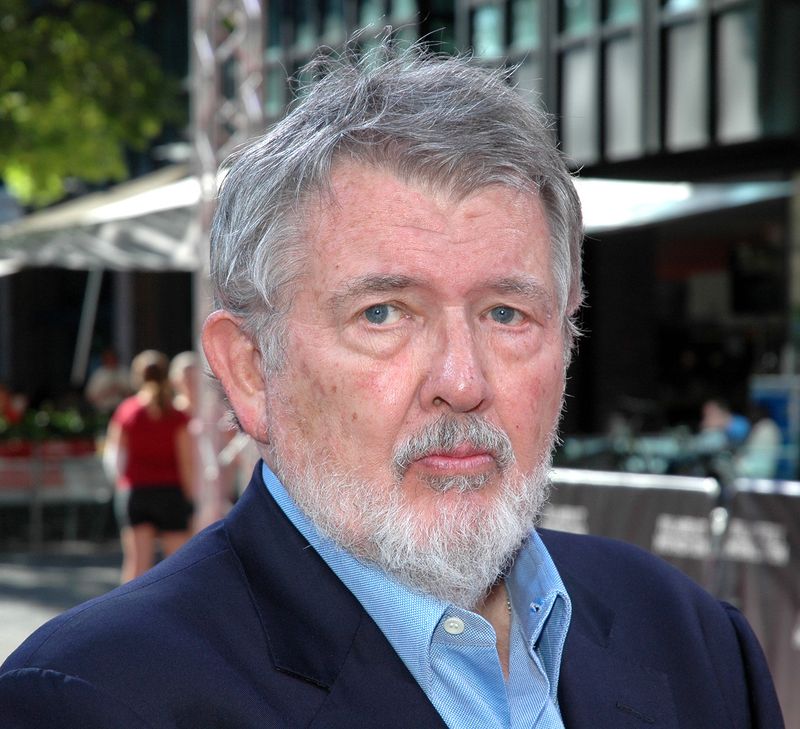
Another director who invoked the “Alan Smithee” pseudonym, Hill stepped away from Supernova after massive studio interference. The film underwent major reworking, including input from Francis Ford Coppola, which deviated heavily from Hill’s original concept.
He later expressed regret for ever becoming involved. The final product was a box office failure and a critical dud, bearing little resemblance to what Hill envisioned. It’s a cautionary tale about too many cooks in the kitchen—and a reminder that even experienced directors can lose control of their projects.
11. John Boorman – Exorcist II: The Heretic (1977)
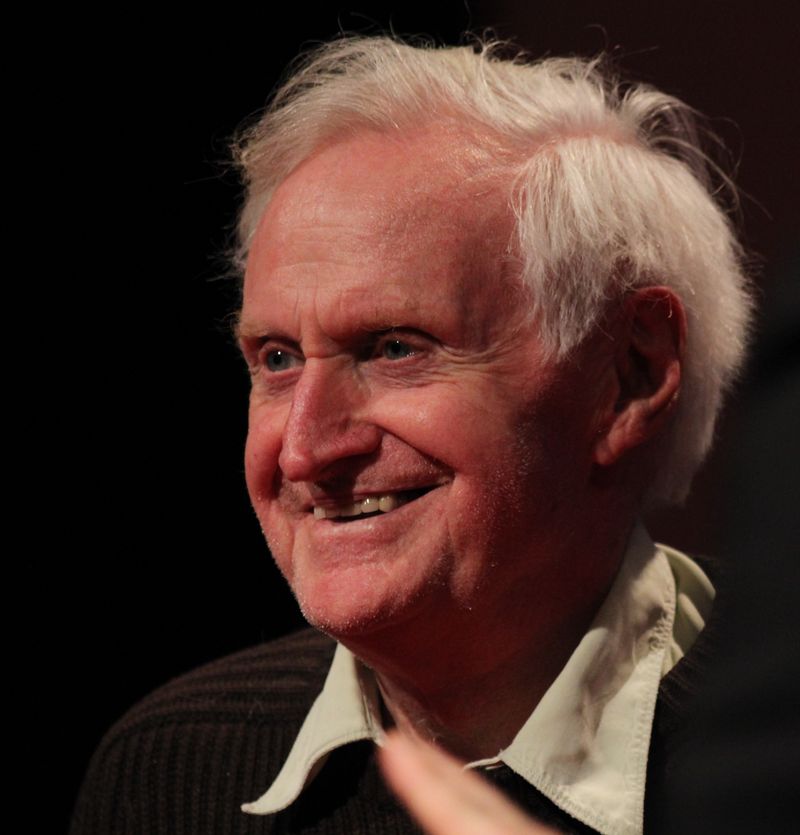
Boorman’s sequel to one of the greatest horror films ever made was almost universally panned. He admitted later that the film “was a terrible mistake” and wished he had never taken it on.
The original Exorcist was a tough act to follow, and Boorman’s more abstract, dreamlike approach confused audiences. He acknowledged that he misjudged what fans wanted from a sequel, and the backlash was immediate. Despite some cult reappraisals, Boorman himself has made it clear: Exorcist II is not a film he looks back on fondly.
12. Kiefer Sutherland – Woman Wanted (1999)
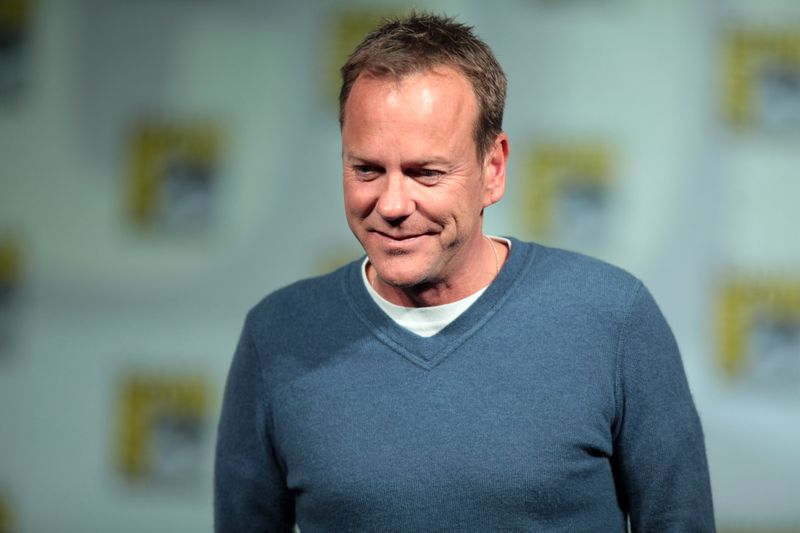
In one of the more obscure examples, Sutherland directed and starred in Woman Wanted, a little-known drama that quickly faded into oblivion. He was so dissatisfied with the final product that he asked to have his director credit replaced with “Alan Smithee.”
This move effectively erased his name from the film in terms of directorial responsibility. Though it wasn’t a high-profile failure, the experience soured Sutherland on directing for years. Woman Wanted remains a forgotten oddity that its own director wanted to forget—permanently.

Comments
Loading…